The cryptocurrency market is booming, but its growth isn’t just about speculative trading. Blockchain technology is driving real-world adoption in diverse industries. From aviation to luxury markets, innovative projects are showcasing the tangible value of blockchain solutions.
Two standout examples, Kepler Digitals and Galileo Protocol, highlight how this technology solves real-world problems. These projects demonstrate how blockchain fosters transparency, security, and efficiency across industries.
Kepler Digitals: Transforming Aviation
Kepler Digitals is revolutionizing the aviation industry by integrating blockchain technology into critical operational processes. Its innovative solutions aim to enhance efficiency, sustainability, and transparency in an industry that faces complex challenges daily. By addressing key issues like asset tracking, sustainability, and regulatory compliance, Kepler Digitals is setting new standards for modern aviation.
Blockchain for Asset Lifecycle Management
One of Kepler Digitals’ standout contributions is its blockchain-based asset lifecycle management system. The platform tracks aviation assets through every stage of their lifecycle, from manufacturing to decommissioning.
This solution ensures that every part and component has an immutable digital record. Airlines benefit from precise data about asset maintenance, usage, and compliance. This transparency reduces downtime caused by maintenance errors and streamlines regulatory audits, improving operational efficiency across the board.
For example, aircraft components now come with detailed blockchain-verified histories. These records simplify logistics and enhance trust among manufacturers, airlines, and regulators, fostering a safer and more reliable aviation ecosystem.
Pioneering Green Aviation
Aviation has a significant environmental footprint, and Kepler Digitals is leading efforts to address this through blockchain-driven sustainability initiatives.
The platform supports the use of alternative fuels, such as hydrogen and Sustainable Aviation Fuels (SAF). Blockchain technology tracks these fuels from production to usage, ensuring they meet rigorous environmental standards. This transparent tracking promotes adoption and helps airlines meet sustainability goals.
Additionally, Kepler Digitals has introduced a blockchain-based carbon credit system. This innovative platform ensures the credibility of carbon offset initiatives by providing tamper-proof records for every transaction. Airlines can confidently offset their emissions while contributing to broader sustainability efforts.
Strategic Partnerships and Industry Collaboration
Kepler Digitals recognizes the power of partnerships in advancing blockchain adoption within the aviation sector. The company collaborates with aviation leaders, regulatory bodies, and technology firms to ensure its solutions are impactful and scalable.
A notable example is its collaboration with MBAviation, which enhances certification processes for aviation personnel. Blockchain verifies training records and certifications, ensuring that only qualified professionals operate within critical aviation roles. (Source)
The partnership with Galileo Protocol further showcases Kepler’s ability to innovate. Together, they combat credential fraud in aviation by issuing blockchain-secured digital certifications. This ensures that personnel qualifications are authentic and verifiable.
Navigating Regulatory Landscapes
The aviation industry faces strict regulatory requirements, and Kepler Digitals is well-equipped to navigate this landscape. By aligning its blockchain solutions with international aviation standards, such as those set by the International Air Transport Association (IATA) and the International Civil Aviation Organization (ICAO), the company ensures compliance across multiple jurisdictions.
Kepler’s blockchain technology also simplifies adherence to data security and privacy regulations. Immutable digital records reduce the administrative burden of regulatory compliance, allowing airlines to focus on operational improvements.
Future-Focused Innovation
Kepler Digitals is actively building a future-focused aviation ecosystem. Its roadmap includes the development of a dedicated aviation blockchain and the launch of green aviation tools. These initiatives aim to expand blockchain’s role in the industry, from asset management to sustainability reporting.
By integrating technologies like artificial intelligence (AI) and the Internet of Things (IoT), Kepler Digitals enhances its blockchain solutions. These technologies improve data collection, predictive maintenance, and operational efficiency, setting the stage for smarter, more sustainable aviation practices.
Galileo Protocol: Luxury Meets Blockchain
Galileo Protocol is setting new benchmarks in the luxury sector by integrating blockchain technology into the management and trading of high-value goods. Through its innovative tokenization platform, Galileo Protocol enhances transparency, authenticity, and ownership tracking, ensuring that luxury assets gain both physical and digital significance.
Tokenizing Luxury with pNFTs
Galileo Protocol’s core innovation lies in its Physical Non-Fungible Tokens (pNFTs). These tokens serve as digital twins of physical luxury items, embedding metadata about an item’s origin, ownership history, and authenticity. This immutable record, stored on the blockchain, provides unmatched transparency and eliminates the risk of counterfeiting.
In the luxury watch and jewelry markets, Galileo’s pNFTs ensure each transaction is secure and every item’s provenance is traceable. Buyers can verify authenticity before purchase, while sellers have a reliable way to prove their item’s legitimacy. These innovations make the marketplace more secure and trustworthy for collectors and enthusiasts alike.
Project Neo: A Digital Legacy for Iconic Cars
Project Neo exemplifies Galileo Protocol’s versatility. This collaboration with Porsche and renowned automotive photographer René Staud preserves the legacy of iconic cars digitally. Using Galileo’s blockchain platform, Project Neo creates digital twins of classic Porsche models. Each twin includes high-quality imagery and metadata, capturing the car’s legacy while ensuring its history is preserved for future generations.

René Staud’s photography captures the essence of each vehicle, while Galileo’s blockchain ensures these digital representations remain secure and verifiable. This project demonstrates how blockchain can extend beyond traditional markets to celebrate heritage in innovative ways.
Strategic Partnerships Driving Innovation
Galileo Protocol’s success lies in its ability to forge strategic alliances. Partnerships with prominent brands, such as DEFMIK® and Porsche, have broadened its influence across industries. The DEFMIK® collaboration integrates blockchain into art and luxury innovation, blending the digital and physical realms in ways never seen before.
Additionally, Galileo’s partnership with Porsche through Project Neo illustrates how blockchain can preserve and enhance the legacy of luxury vehicles. These alliances highlight the adaptability of Galileo Protocol’s platform and showcase its potential to revolutionize diverse sectors.
Innovating for the Future
Galileo Protocol continues to evolve, embracing emerging technologies and expanding its platform’s applications. The company’s Nebula Upgrade transitioned its token ecosystem to Ethereum, enhancing interoperability and increasing token utility. These advancements ensure Galileo remains at the forefront of blockchain innovation in the luxury sector.
The Future of Blockchain in Real-World Applications
Blockchain technology is rapidly evolving beyond its origins in cryptocurrency, finding applications across various industries. Projects like Kepler Digitals and Galileo Protocol exemplify this shift, demonstrating blockchain’s potential to address complex challenges in aviation and luxury markets. As blockchain adoption grows, its impact on global industries is set to expand significantly.
Expanding Industry Adoption
Blockchain’s decentralized and immutable nature makes it an attractive solution for industries requiring transparency and security. In aviation, Kepler Digitals utilizes blockchain for asset lifecycle management, ensuring accurate tracking of aircraft components and maintenance records. This approach enhances operational efficiency and safety.
In the luxury sector, Galileo Protocol employs blockchain to create digital twins of physical assets, such as luxury watches and automobiles. These digital representations provide verifiable proof of authenticity and ownership, combating counterfeiting and enhancing consumer trust.
Beyond these sectors, blockchain is making inroads into supply chain management, healthcare, and finance. Its ability to provide transparent and tamper-proof records is invaluable for tracking goods, securing patient data, and facilitating cross-border transactions.
Technological Integration and Innovation
The integration of blockchain with emerging technologies like Artificial Intelligence (AI) and the Internet of Things (IoT) is driving further innovation. Kepler Digitals, for instance, combines blockchain with IoT devices to monitor aircraft components in real-time, enabling predictive maintenance and reducing downtime.
Galileo Protocol’s collaboration with DEFMIK® showcases the fusion of blockchain with art and automotive innovation. By creating blockchain-secured digital representations of artistic automotive masterpieces, they bridge the gap between physical and digital realms, offering new avenues for artistic expression and asset management.
Navigating Regulatory Landscapes
As blockchain technology permeates various industries, navigating regulatory landscapes becomes crucial. Kepler Digitals aligns its solutions with international aviation standards, ensuring compliance and facilitating adoption within a heavily regulated industry.
Galileo Protocol adheres to Europe’s Markets in Crypto-Assets (MiCA) regulations and implements Know Your Customer (KYC) and Anti-Money Laundering (AML) protocols. These measures build trust among consumers and regulators, paving the way for broader acceptance of blockchain-based solutions.
Future Prospects and Challenges
The future of blockchain in real-world applications holds immense promise. Projects like Kepler Digitals and Galileo Protocol are leading the way, demonstrating blockchain’s potential to transform traditional industries.
However, challenges remain. Scalability, energy consumption, and interoperability are critical issues that need addressing. Ongoing research and development aim to overcome these hurdles, ensuring blockchain’s sustainable integration into various sectors.
As industries continue to explore and adopt blockchain technology, its role in enhancing transparency, security, and efficiency becomes increasingly evident. The journey of Kepler Digitals and Galileo Protocol offers a glimpse into a future where blockchain is a cornerstone of innovation across diverse real-world applications.

Blockchain’s Promise: A Revolution in Progress
Blockchain technology has moved beyond cryptocurrency speculation, solving real-world challenges with tangible results. Projects like Kepler Digitals and Galileo Protocol highlight its transformative potential across industries. Their innovations in aviation and luxury markets address critical issues while setting new standards for transparency, efficiency, and trust.
Kepler Digitals is revolutionizing aviation with blockchain-powered asset tracking and sustainability initiatives. It ensures greener practices, better safety, and streamlined compliance. Galileo Protocol enhances luxury markets by safeguarding authenticity and ownership through tokenized digital twins of high-value assets like watches and automobiles.
By integrating emerging technologies like AI and IoT, these projects demonstrate blockchain’s versatility and relevance in the global economy. Their success inspires other industries to explore blockchain as a tool for transparency and operational improvement.
As adoption accelerates, blockchain is set to connect the physical and digital worlds, fostering trust and sustainability across sectors. Kepler Digitals and Galileo Protocol lead this evolution, shaping a more secure and innovative marketplace. The blockchain revolution has begun, with endless possibilities ahead.
*Disclaimer: News content provided by Genfinity is intended solely for informational purposes. While we strive to deliver accurate and up-to-date information, we do not offer financial or legal advice of any kind. Readers are encouraged to conduct their own research and consult with qualified professionals before making any financial or legal decisions. Genfinity disclaims any responsibility for actions taken based on the information presented in our articles. Our commitment is to share knowledge, foster discussion, and contribute to a better understanding of the topics covered in our articles. We advise our readers to exercise caution and diligence when seeking information or making decisions based on the content we provide.
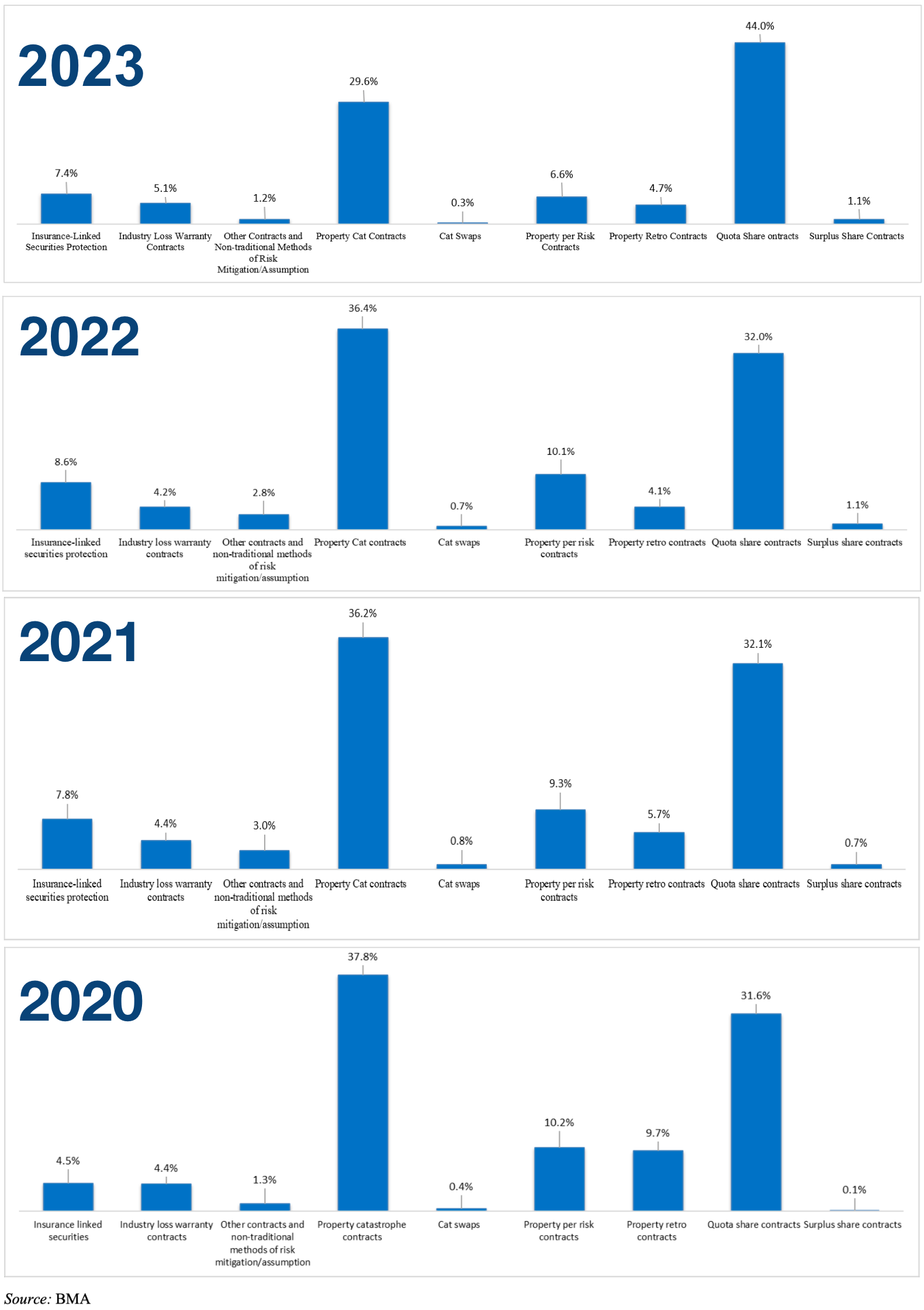
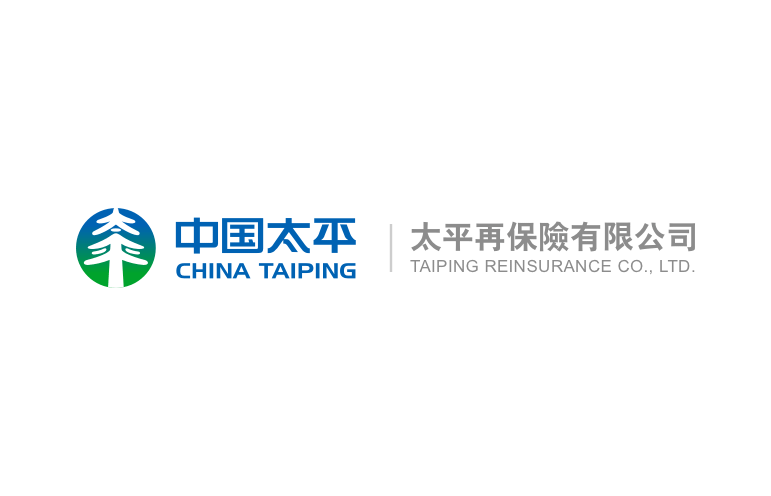
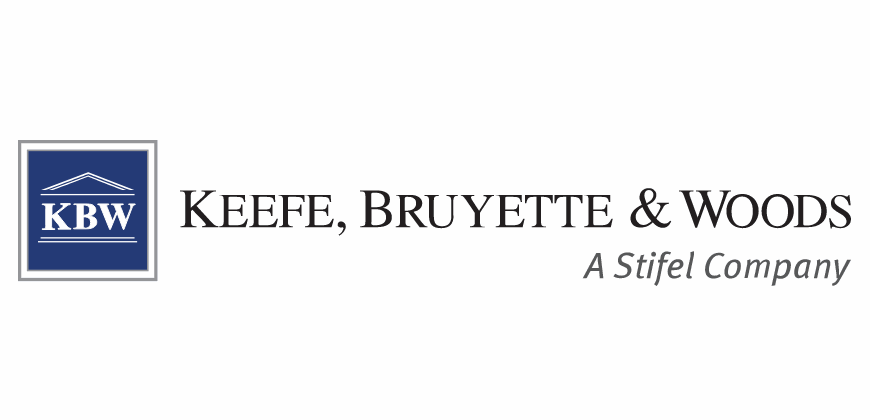
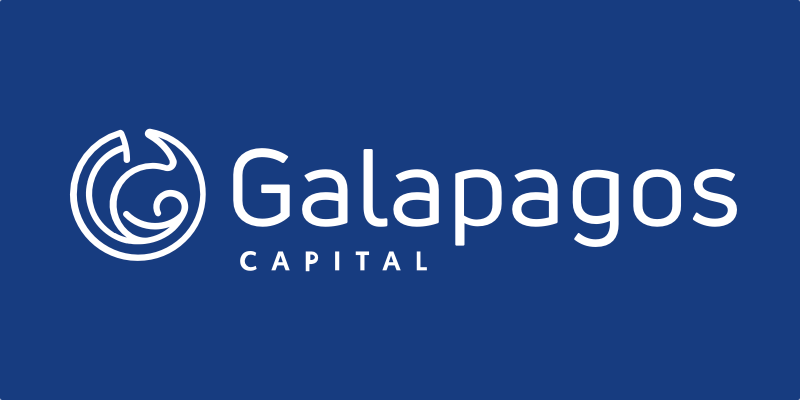
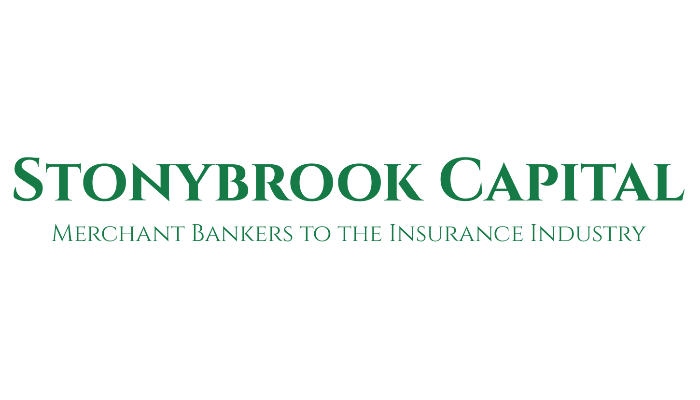

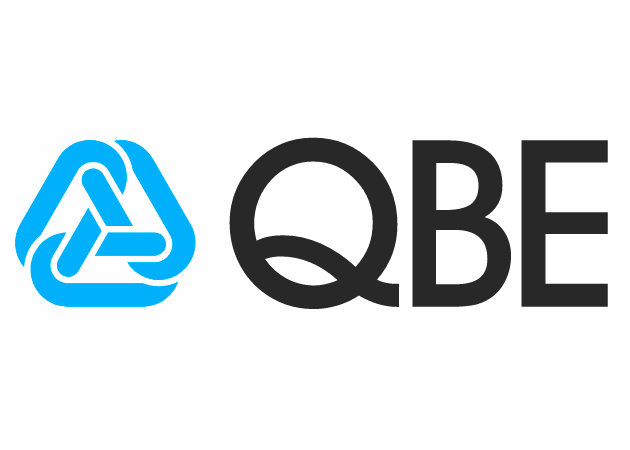

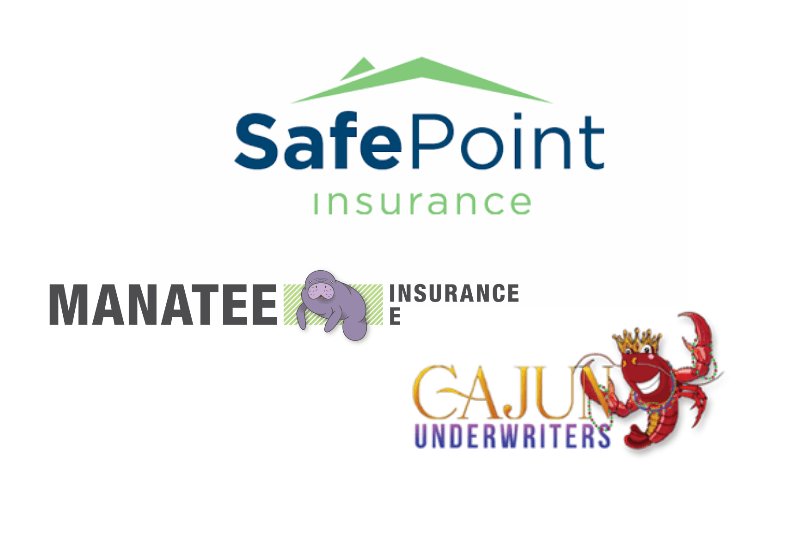
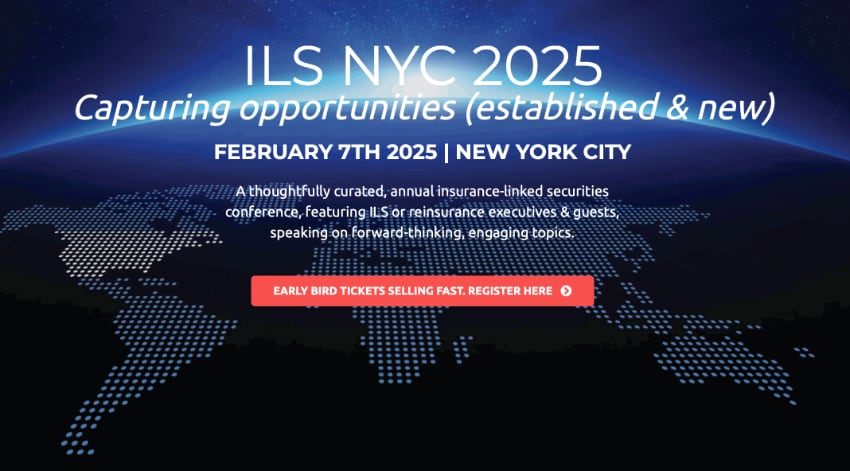
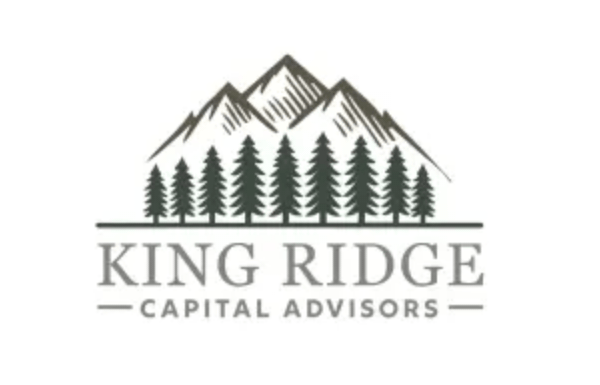








 English (US) ·
English (US) ·